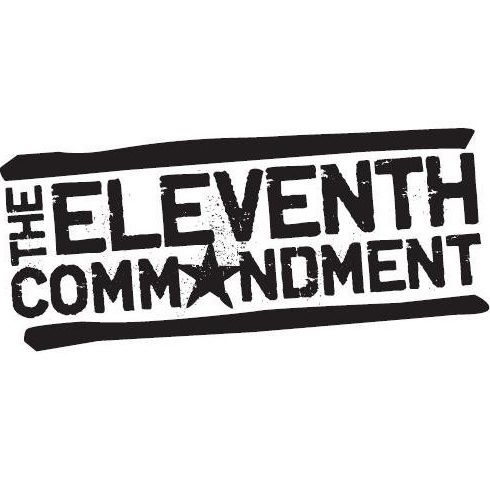2 Peter 3:1-2
3 This is now, beloved, the second letter I am writing to you in which I am stirring up your sincere mind by way of reminder, 2 that you should remember the words spoken beforehand by the holy prophets and the commandment of the Lord and Savior spoken by your apostles.
The beginning of this final chapter of Peter’s second letter sounds like he is saying, “I’ve told you before and I’ll tell you again…” What Peter is saying in these letters is important. It is important so that we can remain steadfast in faith, grow in relationship with God, and live in the way we were designed to live. So what are the words spoken that he references in verse 2, what is “the commandment” that we are all to remember? We find it in John 13:34, “34 A new commandment I give to you, that you love one another, even as I have loved you, that you also love one another. 35 By this all men will know that you are My disciples, if you have love for one another.”
This is what Jesus spoke to the disciples at what we call The Last Supper. It is also what He repeated when asked “what is the greatest commandment?” I discovered not too long ago the importance of this exchange. In that time, the Pharisees and Rabbis had a favorite/ “greatest” commandment that defined their theology and what they declared was most important. Being the nonconformist He was, Jesus gave them two:
Matthew 22: 37-40, “37 And He said to him, “‘You shall love the Lord your God with all your heart, and with all your soul, and with all your mind.’ 38 This is the great and foremost commandment. 39 The second is like it, ‘You shall love your neighbor as yourself.’ 40 On these two commandments depend the whole Law and the Prophets.” Yesterday we read about the importance of God’s grace and Jesus’ sacrifice. Today Peter is telling us to never forget it.
In our society we want a quick fix. We are always looking for the fastest way to get something done whether it is lose weight, learn a language, finish school, get promoted, etc. I talk often about how easy it is to read the words we find in the bible and make a list of rules out of what we read. I try to avoid that as much as possible because I know it is easy for me to do. Today, however, we finally get an equation. We finally get “do this and that,” from Jesus. It’s so simple yet so difficult, isn’t it? Additionally, there are no shortcuts. The love Jesus is talking about here is Agape, the sacrificial love I’ve talked about before. It is the love that is a choice despite how others treat us.
Peter is telling his readers (that’s us) to never forget what Jesus has commanded us. There is a reason why He said, “all the law and the prophets hang on these two,” because without our love for God and unconditional love for each other, everything else is just a bunch of rules that we cannot keep. We need to know and understand the weight of the Old Testament to better appreciate what happens in the New Testament. We tend to look at the Old Testament as obsolete, but it is the backstory and foundation of why Jesus’ sacrifice is so important. The wretchedness of man that Peter talked about in chapter two needs to be understood and remembered for us to understand the love that God has poured out upon us. We must constantly be reminded of this because if we are not, we will certainly forget just like the Jews continually forgot during their journey through the desert.
Yesterday I ended by discussing the response to Jesus’ salvation. This isn’t just a one-time event; it is a continual relationship. Every day we wake up we have an opportunity to respond to what He has done for us and what He has called us to. Every day and even every moment we have a choice to make: do I respond out of reverence of what God is and has done for me or do I reject it and do my own thing knowing I will be operating outside of God’s original design for me?
I tend to simplify this choice by relating it to picking between the two trees that started it all: will I eat from the tree of life (Jesus) or will I eat from the tree of knowledge of good and evil (sinfulness)?


